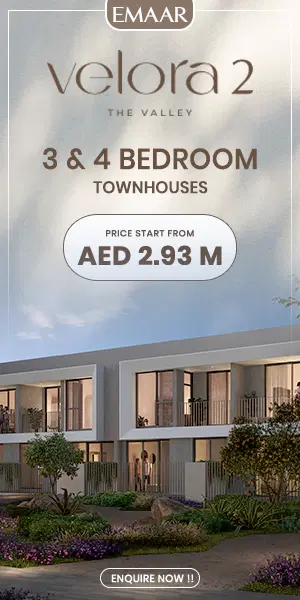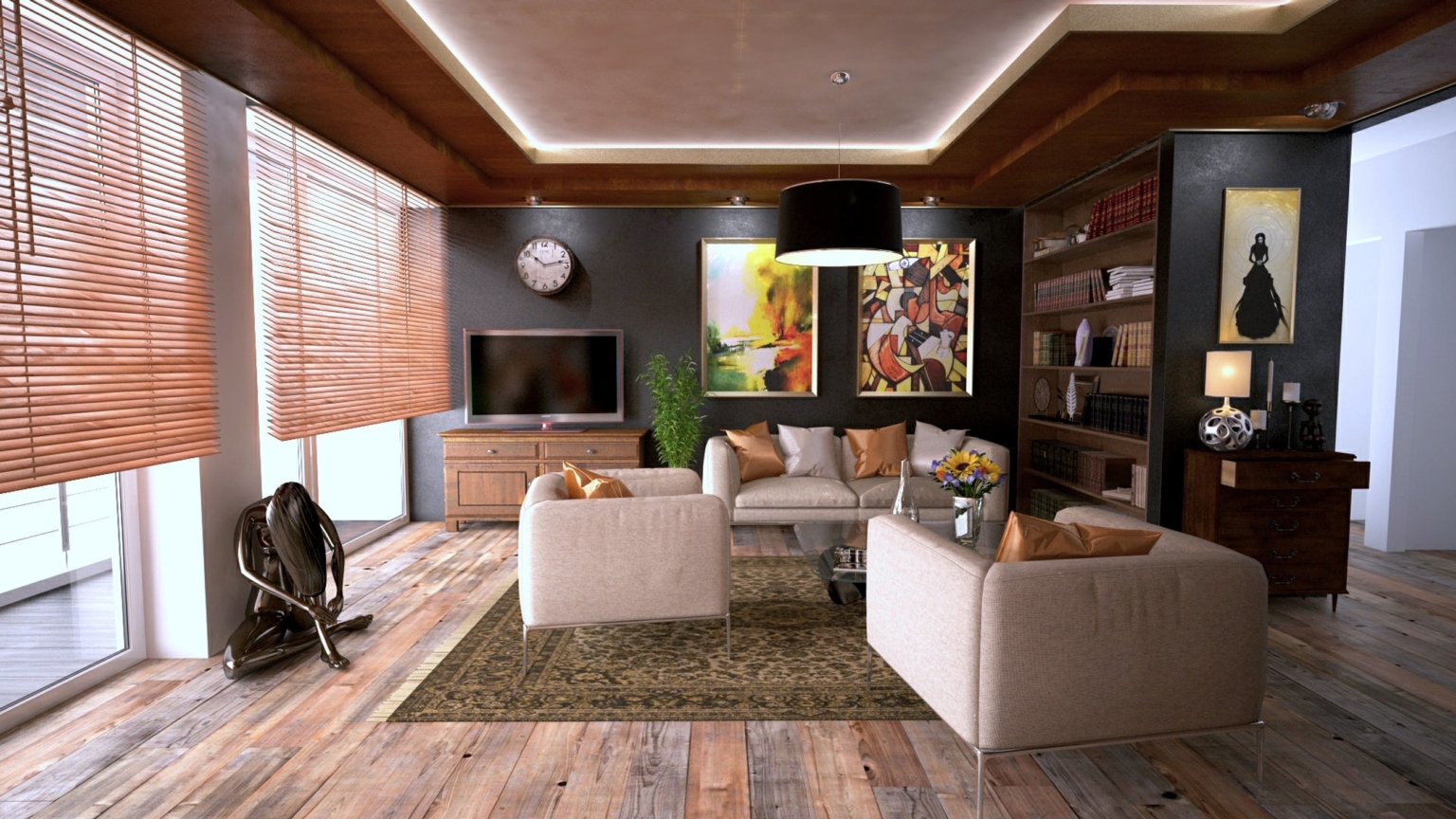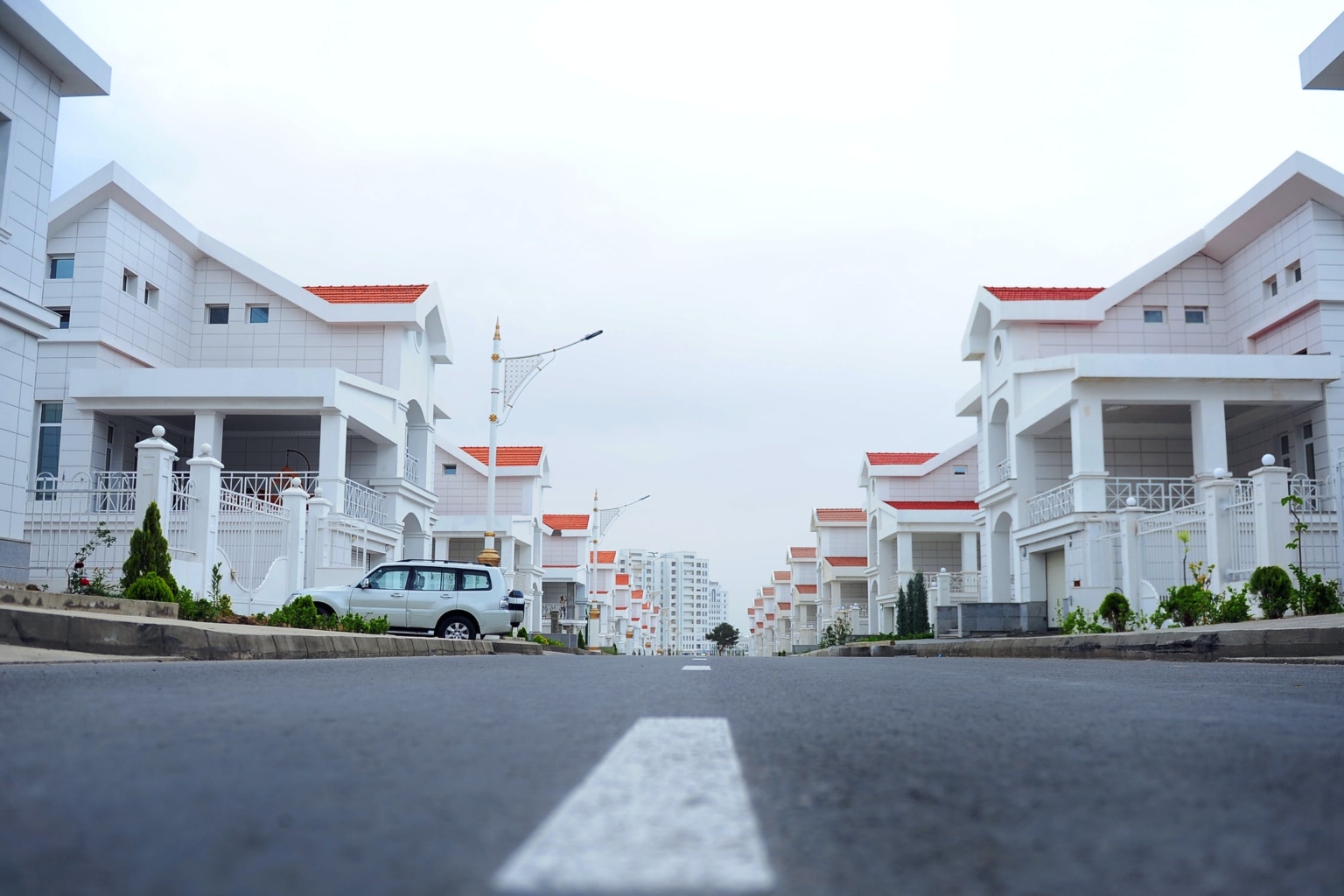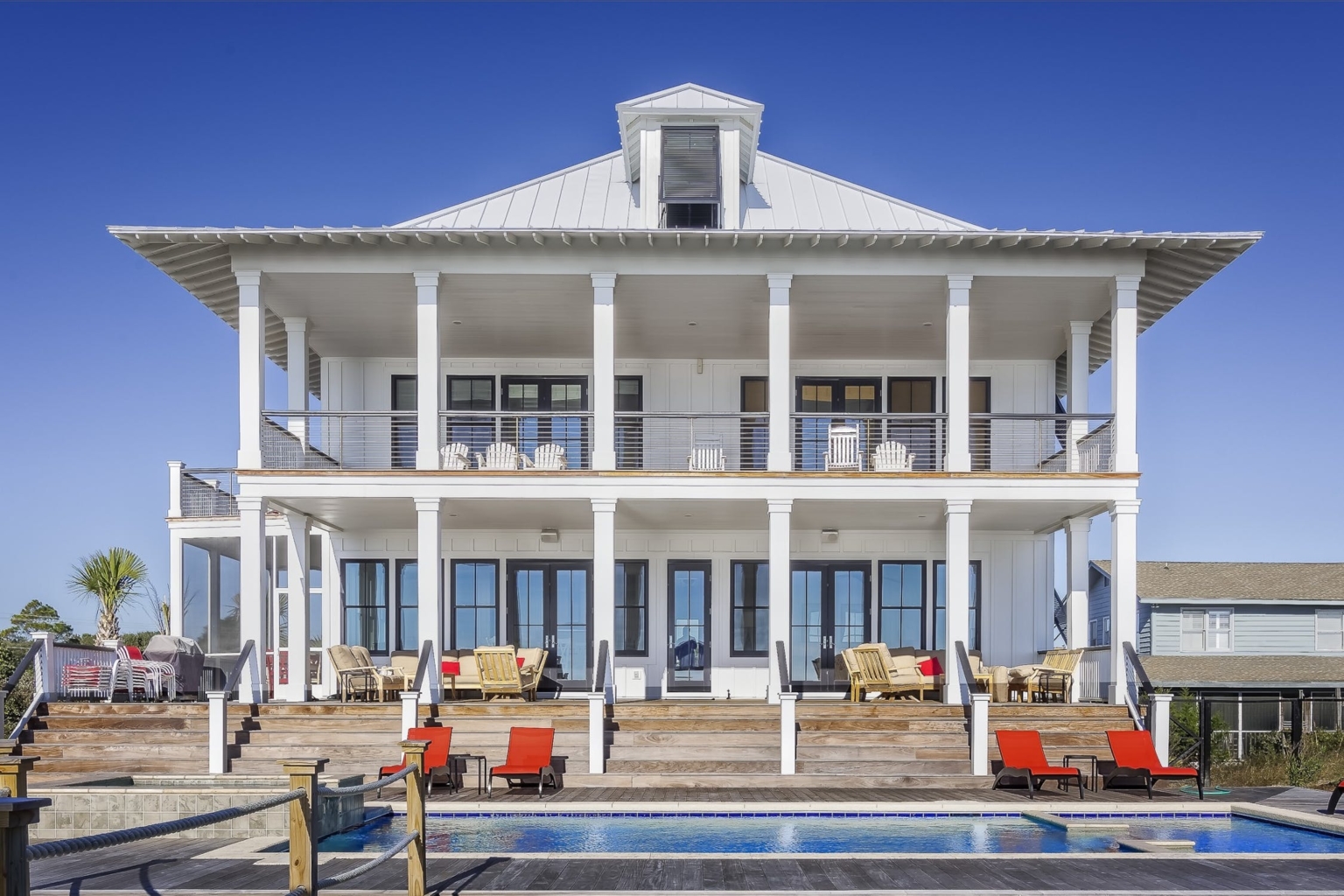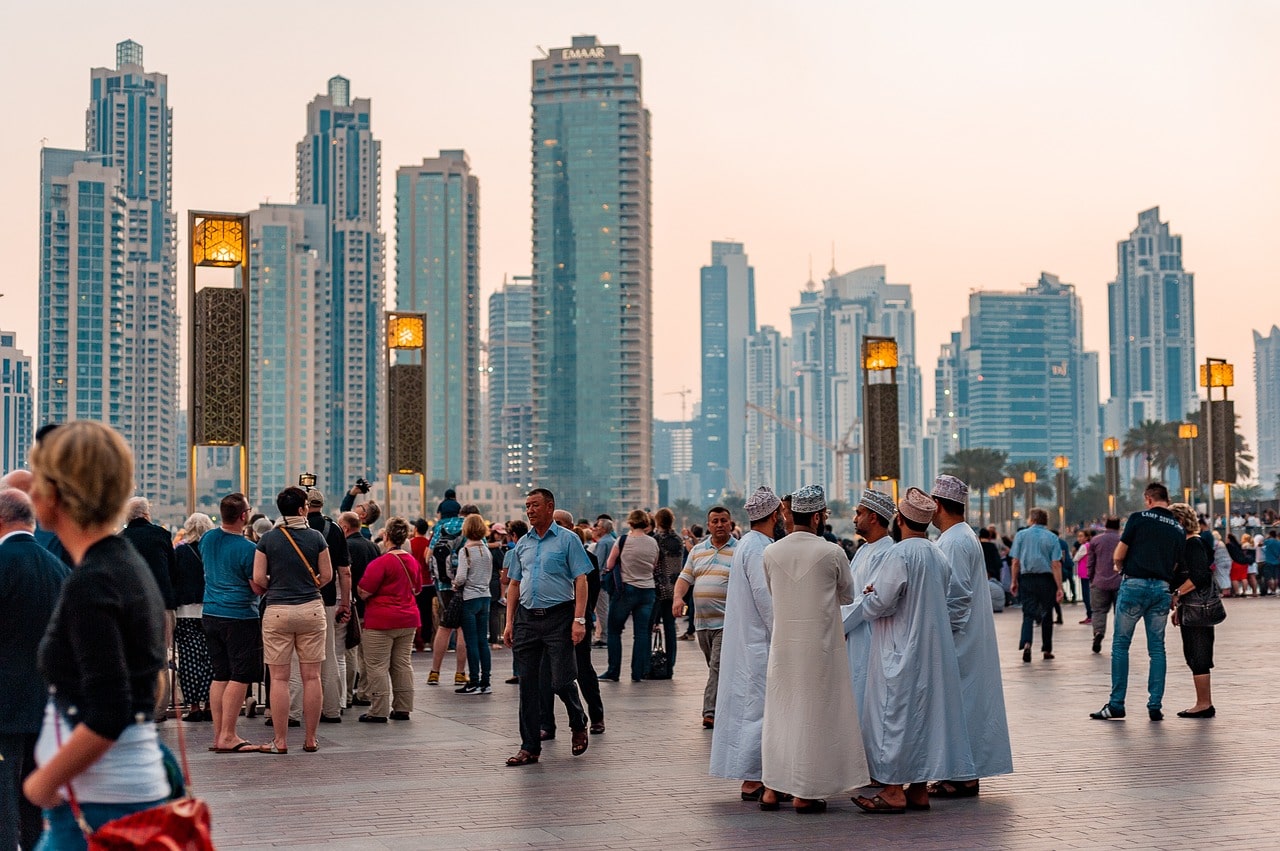Categories
Popular Tags
Expert Guide of Tenancy Contract Between Broker & Buyer in Dubai?
Are you planning on renting a property in Dubai? If yes, then you should understand the details of leases in Dubai and the rights and obligations associated with them. It is helpful for both (the tenant and the property owner) to avoid confusion and lawsuit.
Here we prepared a complete guide for you. It will help you to clear the fog and gives you information about the official tenancy agreement in Dubai regarding the terms, rights, and responsibilities of both parties.
What is a Tenancy Contract?
Before jumping to the contract and its details, the first thing you should learn is – what a tenancy contract is.
A tenancy contract is a civil law agreement concluded between the lessor and the tenant to establish the parameters of the transaction.
The contract specifies the cost and the term of the lease, payment terms, and liabilities of each of the parties in the breach of the tenancy agreement, any additional costs, and the distribution between the two parties.
In case of any dispute, both parties can apply to the judicial and government authorities for their interest. But this can only happen in the existence of a tenancy contract that is officially registered.
If the tenancy contract is concluded in less than a year, it will be considered a short-term agreement or temporary tenancy agreement. The benefit of the short-term rental includes a daily, weekly, or monthly payment. It has simpler conditions for terminating the contract and a non-compulsory registration of the contract in Ejari. The tenant doesn’t have to pay a fee of two months’ rent in this type of contract.
Where To Find The Landlord Tenant Agreement Form?
In 2018, Dubai Land Department, or DLD, announced the release of the Uniform Lease Form. It is the standardized lease form for all types of real estate – residential, commercial, or industrial.
The online tenancy agreement can be downloaded from the official website of the DLD or via the DUBAI REST app.
The tenancy agreement in Dubai contains standard and unchangeable terms in English and Arabic languages. The standard form contain the following aspects;
- Governing laws
- Responsibilities of the landlord
- Duties of the tenant
- Contract terms and conditions
- Ejari registration
The landlord and the tenants can also add special conditions into their contract. For example, setting a price for repairing the inside of the apartment, mandatory payment of a penalty in case of early termination of the contract, and others.
The Tenancy Laws In Dubai

If you are renting a property in Dubai, you have to comprehend the basic laws regarding the residence tenancy agreement. The first is Law No. (26) of 2007, it regulates the relationship between the tenant and the landlord. Such as, Article 6 of this law states that the rental period of the tenant can be atomically extended for a certain period on conditions already agreed upon, but only if the tenant continues to rent the property closer to the expiry date of the agreement.
In 2008, another law was issued known as Law No. (33), it has some changes to Law No. (26) of 2007. As per this Law, the registration of the real estate tenancy agreement in the Real Estate Regulatory Agency (RERA) through the Ejari system is compulsory. This is to prevent the same property renting twice at the same time.
In 2013, Decree No. 26 established the Rental Dispute Centre (RDC). It handles all types of rental disputes through court or negotiation. Additionally, the RDC also has to handle the appeals filed against the ruling and decisions under the provision of the Decree and the guidelines issued thereunder.
To make the tenancy agreement more favorable for both parties, there is a separate law for the regulation of the rents. And it is helpful for the student tenancy agreement. This is Law No. (43), issued also in 2013. According to this law, there are various limits on the maximum rent increase of a property. It depends on the current average rental price.
The figures are available on the RERA index, through which the average rental price depends on the type of property and the location of the property.
You can also calculate the rent from RERA by using the calculator on the official DLD website. All you need is to enter the data, for example, the contract term, the type, and size of the property to be rented and the number of bedrooms, and the current annual rent. The calculator will calculate if a rent increase is possible or not.
The Rights and Obligations OF Landlord And Tenants In Dubai
RERA Rental Housing Act developed a clear and strict separation of responsibilities among landlords and tenants. And it has to be spelled out in the contract and can only be changed with the mutual consent of both parties.
For example, some points are there stating that the tenant has to pay for gas, water, electricity, and air conditioning, and the landlord has to pay for the security, cleaning, and garbage collection. And the cost that can be changed, such as rent charges, repairs, redevelopment, etc.
The contact of both parties is also there in the contract, and case of any changes, they are free to contact each other.
What Obligations and Rights for Landlords in Dubai?
- The leased property must have to be in good and livable condition. It is the direct duty of the landlord. But in some cases, if the tenant agrees to rent an unfinished property and then complete it themselves – it can happen also. This mostly happen in the shared tenancy agreement.
- The landlord has the right to receive the rent from the tenant timely. A security deposit ranges between 5% to 10% can also be requested by the landlord as insurance against possible damage to the property. This clause is important for the landlord, especially in the company tenancy agreement. Although the deposit will be returned to the tenant when the agreement ends. And the property is handed back to the owner in the same condition as it was (except for normal wear and tear. If there is any disagreement between the parties regarding this, they can contact the Rental Dispute Settlement Centre (RDC).
- The landlord is responsible for the repairs in case of any defect or damage. Owner is also responsible for the payment of maintenance fees unless otherwise agreed by the tenants.
- The owner must have to notify the tenant in advance before selling the property. If the resale has taken place already, the new owner doesn’t have any right to evict the tenant if the contract has not expired yet.
- The owner can only increase the rent if the RERA Price Index increases. In this case, the landlord must have to send a notice to the tenant at least ninety days in advance. And if the tenant agrees to the condition – it has to be in the contract and legalize it. If the tenants disagree t, then both parties have to come to a compromise and specify this point before the contract is renewed or challenge it in court.
- At the time of eviction, the landlord must return the tenant the full amount of the deposit, or a portion if there is any deduction because of the breakage or damage.
What are the Obligations And Rights For Tenants In Dubai?
- The tenant has the right to get the property in a livable condition. You can ask the owner if this is not the case. The landlord has to fix all the issues before you move in unless you are revising the contract otherwise. This clause can be found in any type of tenancy agreement.
- The tenant has the right to use the property. If the property passes to the new owner before the agreement expires without any prior notice, the tenancy agreement doesn’t terminate and the tenant can legally reside in the property until the expiration of the lease. For example, you signed a 24 month tenancy agreement, and the owner changes after 15 months. You don’t have to leave the property until before completing the agreed duration.
- The tenant is prohibited to make any changes to the layout or the interior of the property without the content from the owner. He/she is also responsible to notify the other party of their plans or suggestions 90 days in advance. Although the tenant must be aware that there may be cases where the owner only agrees to a temporary change. And by the time the agreement expires, the tenant has to return the accommodation as it was originally. All the decisions regarding this must be included in the agreement and legalized.
- Tenants must cover the cost of repair work to the extent of AED 500 (USD 136).
- The tenant is responsible for paying the housing fee. There is a municipal fee of 5% of the annual rental. The fee is charged by the Dubai Electricity and Water Authority (DEWA) in installments throughout the year, together with payments for electricity and water usage.
- If there are any changes in the agreement, the tenant has to inform in writing at least ninety days before the contract expires.
- The tenant must return the property to the owner in the same good condition as he/she was accepted, except for the minor wear and tear of the property.
Clauses in the Tenancy Agreement That You Should Remember
- No one can terminate the tenancy agreement unilaterally without the permission of the other party unless otherwise agreed upon. If the owner wished to terminate or modify the tenancy contract, he/she has to notify the tenant in writing at least ninety days before the expiration of the contract.
- All lease additions are needed to be registered with RERA through the Ejari system, as is the lease itself. Or you will not be able to defend your rights in court if a dispute happens.
- Even if the tenant or owner dies, the contract will continue in effect until the legal term expires. In this case, it will be directed to the direct heirs, who will decide whether to continue the renting or terminate the contract. It will take 30 days after one party gives notice to the other.
What Details Should You Include In The Tenancy Agreement In Dubai?
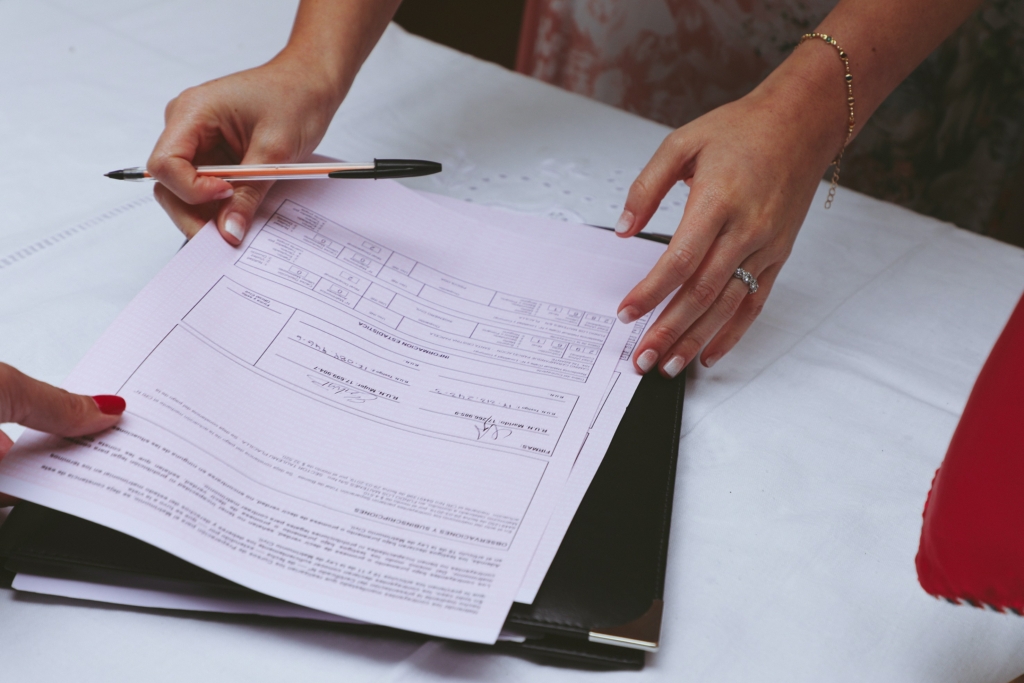
The standard format of the tenancy agreement includes;
- Name and content information of the tenant and the landlord.
- Information about the property, such as a full address, name of the building, size, location, site number, and the DEWA number.
- The rental amount and the security deposit both parties agreed upon.
- Tenancy date and term of the contract.
- Additional expenses related to the operation of a property and the distribution between the parties.
- Payment method.
- Liability of parties in case of any dispute.
- Or any other points and clauses the parties want to add on their own.
Documents Required For A Tenancy Agreement In Dubai
The following documents are required for the tenancy agreement in Dubai
- Original and a copy of the passports of both parties.
- Proof of ownership document.
- DEWA form and number
- Copy of Emirates ID card.
- Copy of your residential visa or the original letter that states your visa is being processed.
- Security deposited cheque.
- Agent’s fee cheque (5% of the annual rental)
Who Needs To Sign The Tenancy Contract In Dubai?
To draw up a tenancy agreement and sign it, the tenant and the owner must hire an intermediary – a real estate agent. The agent’s presence is compulsory, or the contact will not be considered valid.
The contract is signed by the tenant and the owner. If the owner is not able to be present, their legal representative with a POA power of attorney can be presented and sign the contract. Real estate agencies with DLD licenses are also eligible to sign the lease. You can find the approved real estate agents list on the official website of DLD and Next Level Real Estate are one of top 1% agents in Dubai Land Department .
Right To Terminate The Lease
It is only possible with the mutual consent of the parties involved by the law of Dubai Rental Housing (Article 7).
Only a few reasons are here for the landlord to terminate the lease early. The most common is the late rental payment. Article 25.1 (a) of the Dubai Residential Tenancy Law gives the landlord the right to evict the tenant early. And under Section 35 of Law No. (26) 2007, the following factor can lead to early eviction
- Fail to comply with the rental agreement terms or law within 30 days of receiving written notice from the landlord.
- Use of rental property other than the intended purpose.
- Illegal letting of the property.
- Intentional damage to the property.
- If the Emirate City Planning decides to annihilate the building.
- In the case of industrial or commercial premises as well. If the tenant has ceased the operation for 30 to 90 days without good cause.
Relevant:
Feature Properties
You Might Also Like
Stay in the loop Through our newsletter
Get to know about the latest real estate insights.
Popular Searches
Off Plan Projects
Popular Areas
About Us
Popular Searches
Off Plan Projects
Popular Areas
Next Level © 2026 All Right Reserved


